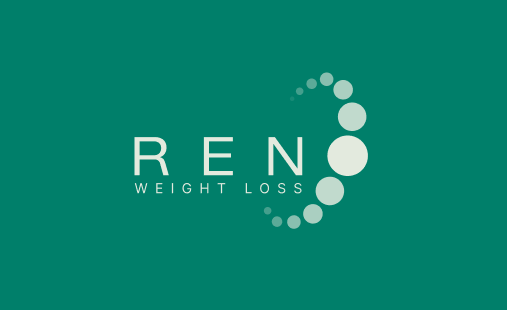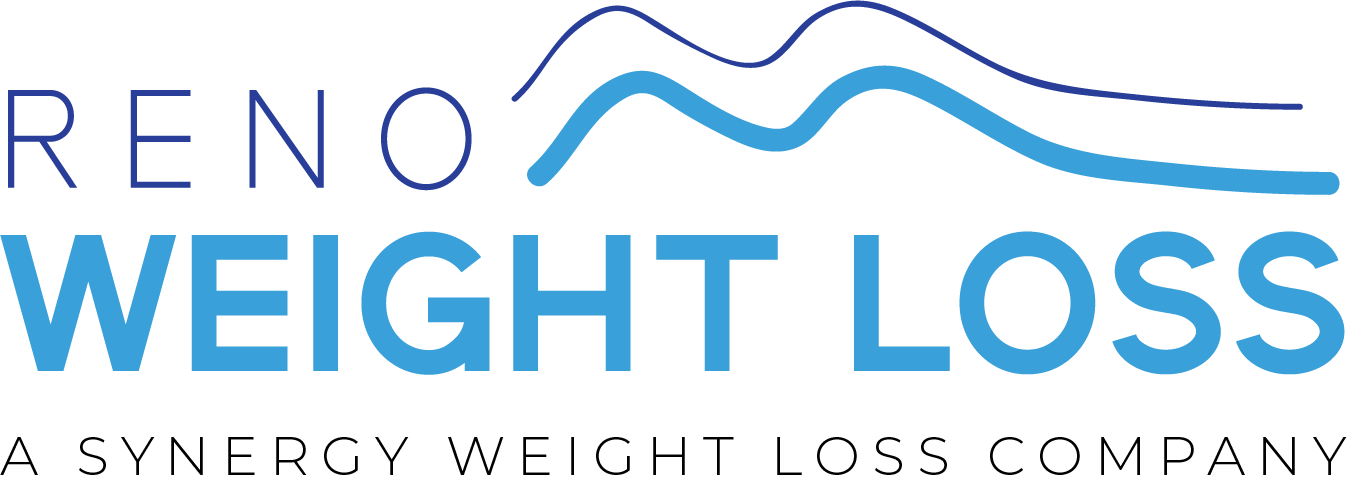In a world saturated with diet trends, choosing the best plan for your weight loss goals can feel like navigating a minefield of competing advice and flashy promotions. It’s no wonder that the endeavor to shed those extra pounds often begins with equal parts motivation and confusion. This guide is crafted to steer you through the chaos, providing a clear path to finding the diet that aligns with your health objectives and lifestyle.
If you’re a health enthusiast, a determined weight watcher, or a fitness newbie looking to start your weight loss journey on a sure footing, this post is your compass to the world of diets.
Understanding Different Diet Plans
Before you can decide on the right approach for you, it’s crucial to understand the full spectrum of diet plans available. Each one operates on a unique philosophy and set of dietary guidelines.
Low-Carb Diets
Famous for their potency in shedding pounds, low-carb diets restrict the intake of carbohydrates, often to less than 20% of daily calorie consumption. The idea is to compel your body to burn fat for energy, a state known as ketosis. Diets like Atkins and the South Beach Diet fall into this category.
Mediterranean Diet
More a lifestyle than a strict diet, the Mediterranean diet is inspired by the eating habits of countries bordering the Mediterranean Sea. It emphasizes whole foods, healthy fats, lean proteins, and red wine in moderation.
Plant-Based Diets
Plant-based diets focus on consuming foods derived from plants while minimizing processed foods and animal products. This includes vegan and vegetarian diets, as well as the Flexitarian and DASH diets, which promote the consumption of whole foods and plant-based protein.
Intermittent Fasting
Intermittent fasting doesn’t dictate what to eat, but rather when to eat. It involves cycling between periods of eating and fasting, which can offer various health benefits, including weight loss. Popular protocols include the 16/8 method and Eat-Stop-Eat.
Keto Diet
The ketogenic diet is a high-fat, low-carb diet that shares some similarities with low-carb diets. It’s designed to put the body into ketosis and is effective for weight loss, along with managing certain health conditions.
Others
There are countless other diets with unique claims to weight loss, such as the Paleo diet, the Zone diet, and the Weight Watchers program. Each has its own set of rules and followers, and an analysis of the principles behind these plans can reveal useful insights.
Factors to Consider When Choosing a Diet Plan
Now that you’re familiar with some popular diet plans, it’s time to assess which one might be the best fit for you. Keep the following factors in mind as you peruse your options.
Personal Preferences and Lifestyle
Adherence to any diet hinges on how well it fits into your daily life. If a diet requires you to drastically change your eating habits overnight, it may not be sustainable. Consider your cooking skills, time constraints, and cultural or ethical dietary choices.
Health Goals and Restrictions
Your health goals should play a pivotal role in your decision. If you’re aiming for more than just weight loss – perhaps to lower your cholesterol or manage your diabetes – certain diets may be better suited to your needs. Equally important is any existing health condition or dietary restriction you must accommodate.
Sustainability and Long-Term Adherence
A diet’s effectiveness can be judged by how easily it can be maintained in the long run. Beware of fad diets that promise quick results through extreme measures, as they often lead to burnout and rebound weight gain. Look for a plan that offers gradual, sustainable changes you can stick with over time.
Scientific Evidence and Expert Recommendations
It is essential to choose a diet that is supported by research and recommended by nutrition professionals. Watch out for sensational claims that often lack robust scientific backing. Reviewing studies and seeking advice from a registered dietitian can provide clarity on the safety and efficacy of a diet plan.
Tips for Selecting the Best Diet Plan
With the assessment in place, it’s now time to lock in your decision. These tips will help you filter through the noise and land on a plan that’s both effective and enjoyable.
Consultation with a Nutritionist or Dietitian
The expertise of a nutrition professional can be invaluable. A dietitian can help you interpret nutritional science, offer personalized advice, and address any concerns you may have regarding a new diet.
Trial and Error Approach
The reality is that the first diet you try might not be the one that works for you. Approach the process with an open mind and be willing to adjust your plan if you find it’s not bringing the results you want. What works for one person might not work for another, so take the time to experiment.
Monitoring Progress and Adjusting as Needed
Keep a record of your progress, not just in terms of weight but also in how the diet makes you feel and any changes in your health markers. Use these data points to make informed decisions about whether to continue with the current diet or explore other options.
Building a Support System
Having a support system can be the difference between sticking with a diet and giving up. Whether it’s family, friends, or an online community, having others to share your successes and challenges with can provide motivation and accountability.
Contact Reno Weight Loss today to start your journey towards a healthier, happier, and slimmer you. Remember, it’s not just about changing your eating habits – it’s about transforming your life. Choose a sustainable diet plan that aligns with your health and fitness goals. Here’s to a successful weight loss journey that lasts a lifetime!




